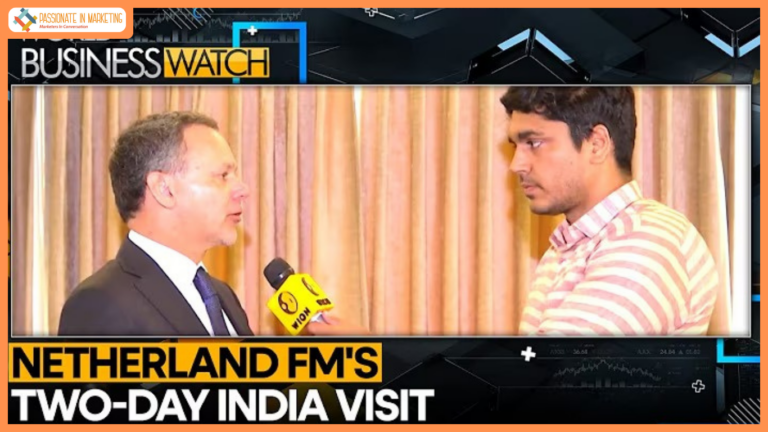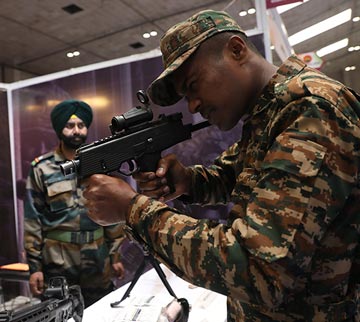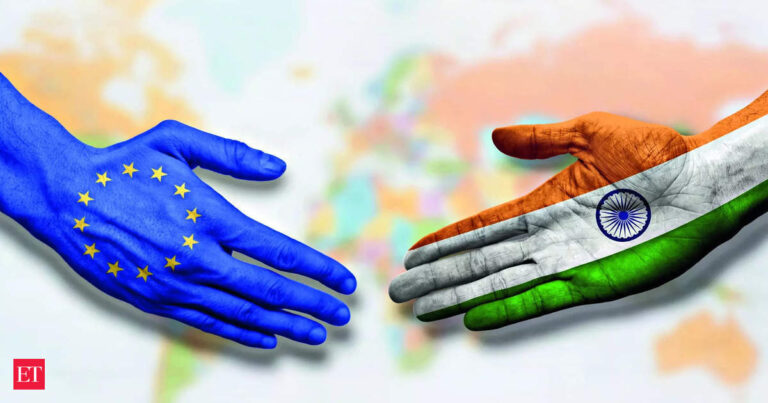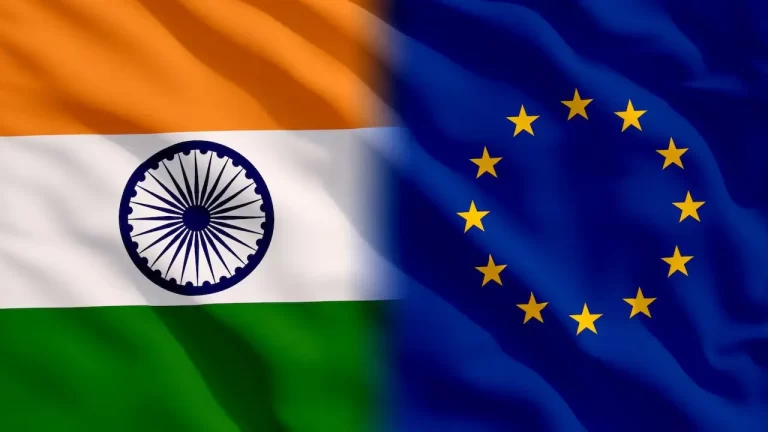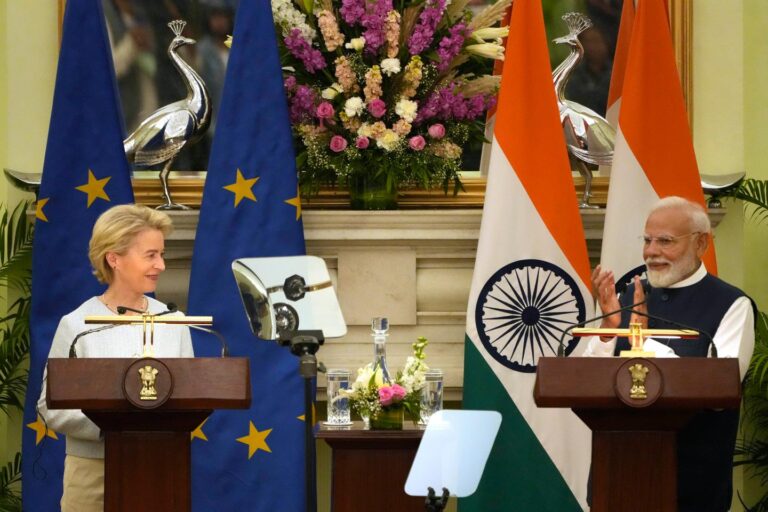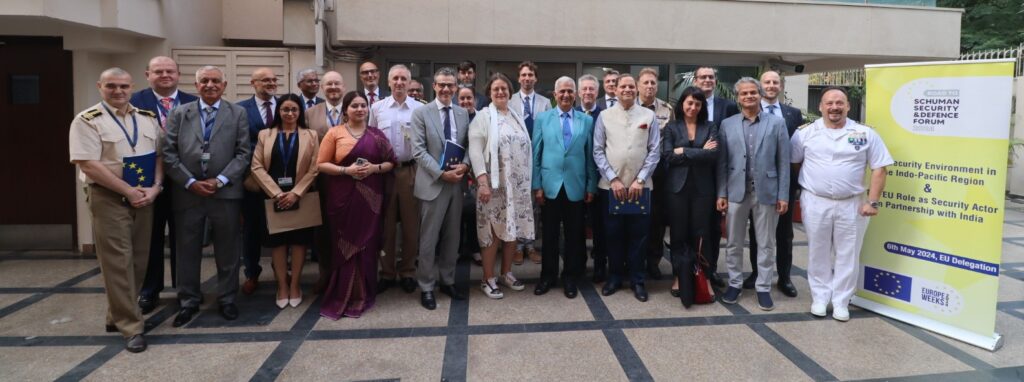
The seminar provided a platform for dialogue, exchange of views on specific regional security challenges, maritime security environment and policy developments covering the EU strategy for cooperation in Indo -Pacific and Indian Initiative for the Indo-Pacific Oceans, EU-India maritime cooperation, and regional initiatives to address international maritime security issues
New Delhi, 6th May 2024: The EU and India have taken significant steps in recent years to deepen their security and defense cooperation, including on counter-terrorism, cybersecurity and maritime security. THE Indo-Pacific in general, and the Indian Ocean in particular, are key areas in which this cooperation can be further strengthened.
The 6th In May, the European Union Delegation to India organized a Road to Schuman event entitled “The security environment in the Indo-Pacific region and the EU’s role as a security actor in partnership/cooperation with India”, bringing together leading security and defense experts and practitioners, think tanks, academics, diplomats, Indian government officials and representatives of EU Member States. This initiative is part of the Road to Schuman events which will feed into the second edition of the Schuman Forum on security and defense, which will take place in Brussels on May 28 and 29. The event was moderated by Nikunj Garg, Senior Editor, NDTV.
The seminar provided a platform for dialogue, exchange of views on specific regional security challenges, maritime security environment and policy developments covering the EU strategy for cooperation in Indo -Pacific and India’s Indo-Pacific Oceans Initiative, EU-India maritime cooperation, and regional initiatives to address international maritime security issues. The seminar also provided an opportunity to assess current and emerging challenges in the Indo-Pacific region while identify future avenues of cooperation between Europe (EU) and India.
The first roundtable focused on “The overall security environment in the Indo-Pacific region: dynamics and likely developments”. The panelists – Vice Admiral Pradeep Chauhan, Director General, National Maritime Foundation; Vice Admiral Girish Luthra, Distinguished Fellow of the Observer Research Foundation; and Brigadier Rahul Bhonsle, Director of Security Risks in Asia – discussed the origins and evolution of the Indo-Pacific concept, as well as its current geopolitical dimension and the different actors operating within it.
In the second roundtable, speakers discussed “EU-India Security Partnerships and Cooperation: Opportunities/Constraints and how India views the EU as a security actor”. The three panelists – Indrani Bagchi, CEO, Ananta Aspen Centre; Professors Srikanth Kondapalli, Professor, Jawaharlal Nehru University; and Dr Swasti Rao, Associate Researcher at the Manohar Parrikar Institute of Defense Studies and Analysis – discussed existing and potential areas of convergence between the EU and India in the area of security and defense, in a bilateral and multilateral context.
During his speech, Joanneke Balfoort, Director of Security and Defense Policy, European External Action Servicesaid, “In this interconnected world, mutually beneficial partnerships in peace, security and defense are needed more than ever. We consider India, a country with considerable strategic weight in the global security balance, as a key partner of the EU in the Indo-Pacific region..”
The global environment has become more volatile and unstable with increasing war and security threats. The EU is adapting to this new reality by strengthening its own security and defense, but also by working with its international partners to address common security challenges in order to promote peace and stability. The growing interconnectedness between dynamics in Europe and the Indo-Pacific region means that cooperation with Asian partners, and especially India, has become more important than ever. On occasion, Hervé Delphin, EU Ambassador to India said, “The recently launched Operation EUNAVFOR ASPIDES in the Red Sea, in collaboration with EUNAVFOR ATALANTA, is a concrete example of the EU’s commitment to regional maritime security in the Indian Ocean region. While we have already intensified our cooperation with India in the areas of maritime security, counter-terrorism, cybersecurity, non-proliferation and disarmament, other areas such as space threats, Hybrid and cybernetics and the security dimensions of artificial intelligence are possible areas for development. growth for EU-India cooperation.
The second edition of Schuman Security and Defense Forum (Schuman Forum) will take place in Brussels on May 28 and 29 2024. It will bring together high-level representatives from the European Union (EU), EU Member States and partner countries, international and regional organizations, as well as leading think tanks and academics. The Forum aims to seek avenues of cooperation on how current and potential peace, security and defense partnerships can address the most pressing common security threats and challenges and contribute to global peace and security as well as the maintenance of the rules-based international order and multilateralism. . India is one of the main invited partners at the Forum.
The morning of 6th In May, the EU and India also held their second consultations on security and defense, co-chaired by Director Balfoort from the EU side and Vishvesh Negi, Joint Secretary (International Cooperation) of the Ministry of Defense. Defense on the Indian side. During the consultations, the two sides agreed to deepen their security and defense cooperation. They both reiterated their commitment to a free, open, inclusive and rules-based maritime order in the Indo-Pacific region, underpinned by respect for territorial integrity and sovereignty, democracy, Rule of law, freedom of navigation and overflight, unimpeded lawful commerce, and peaceful resolution of disputes in accordance with international law, including the United Nations Convention on the Law of the Sea (UNCLOS).
The European Union and the countries of the Indo-Pacific each have an interest in their respective prosperity and security. With its Indo-Pacific strategy and the Global Gateway, the EU aims to contribute to stability, security, prosperity and sustainable development in the Indo-Pacific region, by promoting the principles of democracy, state of law, human rights and international law by acting as a “smart enabler” for peace and security in non-traditional security areas, in full partnership with other actors in the region – primarily India .

